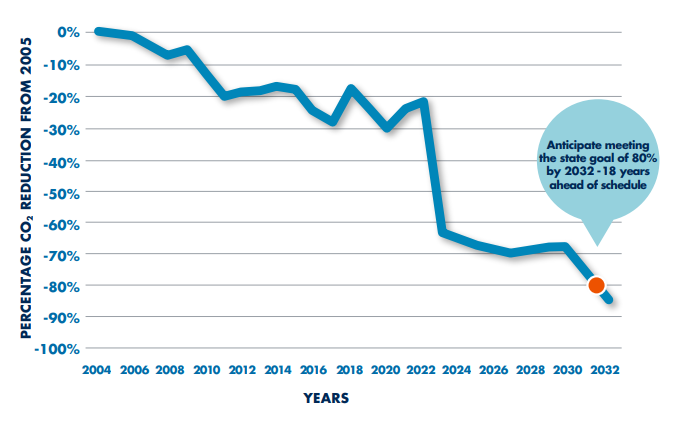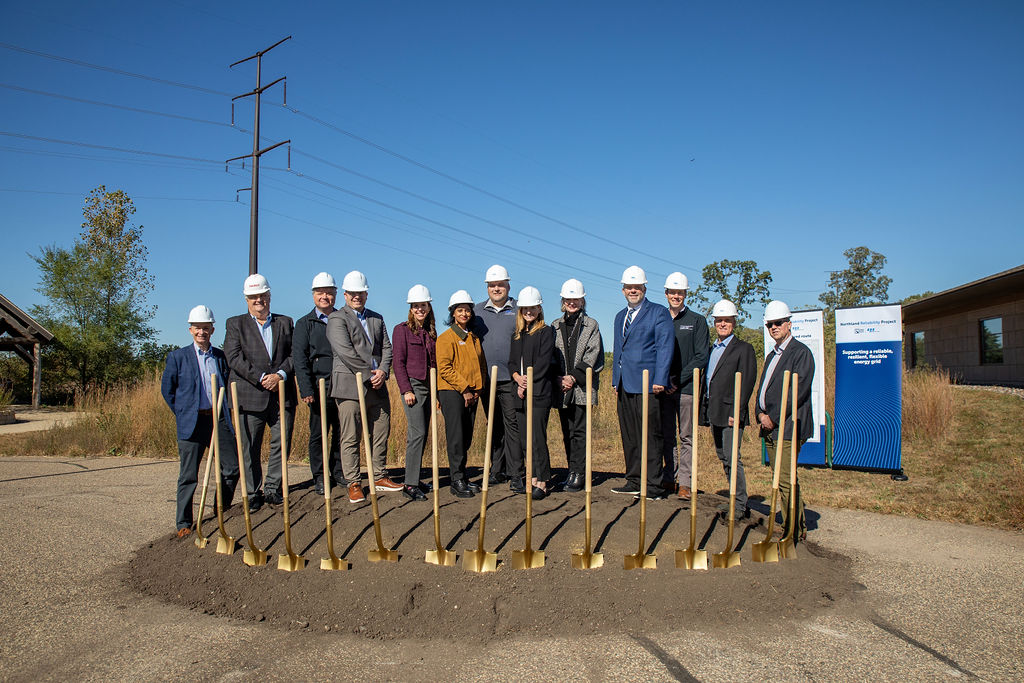Electric sector’s greenhouse gas reductions putting state goal in reach
Great River Energy and other Minnesota utilities are setting the pace to meet the state’s emissions target.
Between 2005 and 2018, greenhouse gas emissions related to electricity dropped 29% in Minnesota. The sectors with the next biggest reductions — waste and transportation — reduced emissions by 11% and 7%, respectively, during that same period. All other sectors have seen emissions hold steady or increase.
Great River Energy is in the process of transitioning from an energy mix heavily reliant on coal and set a goal of 50% renewable energy by 2030. Meanwhile, Minnesota has an established policy of reducing carbon dioxide emissions 80% from 2005 levels by 2050. Great River Energy’s power supply changes have the cooperative on track to achieve that level nearly two decades early.
The reduction in emissions associated with Great River Energy’s power supply will improve the emissions profile of all member-consumer electric end uses and contribute greatly to the economy-wide carbon dioxide reduction goal.
Environmental progress invites beneficial switch to electricity
As the emissions associated with the production of electricity decline, Great River Energy and its member-owner cooperatives are encouraging their members to pursue electric uses to save money, reduce emissions and improve overall efficiency of the electric grid — a movement known as beneficial electrification.
“Electricity has always been a safe and reliable choice,” said Great River Energy Manager of Member Services and End Use Strategy Jeff Haase. “As emissions have declined, electricity has become the most environmentally responsible option — and it will only improve with time.”
As electricity is produced with fewer emissions, Great River Energy and its members are working to foster adoption of electric versions of devices traditionally powered by gasoline and natural gas.
To this end, cooperatives have developed programs to increase electric vehicle adoption, test the performance of electric school buses, research indoor agricultural projects, and promote the use of air source heat pumps for water and space heating.

 " data-object-fit="cover">
" data-object-fit="cover">